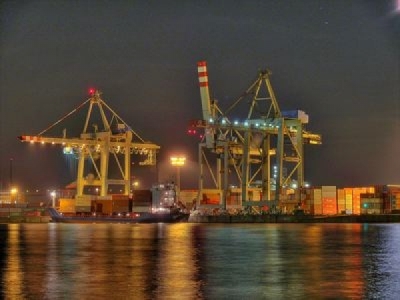
Posted on August 8, 2018
The Oregon Supreme Court has upheld a decision, opposed by environmentalists, by the state lands department to allow the dredging of the port of Coos Bay for a proposed deep-water marine terminal where ships could load liquefied natural gas from a planned pipeline.
Petitioners, who are environmental advocacy groups, said the permit was invalidly issued because the lands department had not considered the negative effects of the terminal, such as a fuel spill.
Jan Hasselman, an attorney with EarthJustice, a nonprofit environmental law organization that represented the plaintiffs, said he disagreed with the court’s decision. “Gov. Kate Brown and several state and local agencies still have many legal obligations to protect the people of Oregon from this dirty, dangerous, explosive fracked-gas pipeline and terminal scheme,” Hasselman said in an email.
Those behind the Jordan Cove Energy Project, a liquefied natural gas export terminal, say it will revitalize the Port of Coos Bay as a major port on the U.S. West Coast, create over 2,000 jobs during construction, with about 180 permanent positions once the facility opens.
The Supreme Court on Thursday unanimously ruled the state lands department wasn’t required to consider negative effects. Petitioners had noted the lands department considered positive effects, such as increased employment.
The court said in a news release that it determined the governing statute expressly directed the lands department to consider “the economic cost to the public if the proposed fill or removal is not accomplished,” but that “there was no parallel provision directing consideration of negative operational effects.”
The Pembina Pipeline Company, a Calgary, Canada-based energy company, is behind the Jordan Cove project. The natural gas would be transported to the terminal by a proposed 229-mile (369-kilometer) Pacific Connector Gas Pipeline. The pipeline would provide natural gas to the Pacific Northwest and international markets, particularly those in the Pacific Rim.
The Oregon Department of Environmental Quality is accepting public comments. The July 21 deadline for comments to be submitted was extended to Aug. 20 because a torrent of opinions have come in.
“At last count, we had more than 14,000 comments on the application,” said Katherine Benenati, a spokeswoman for the Department of Environmental Quality.
Source: US News





